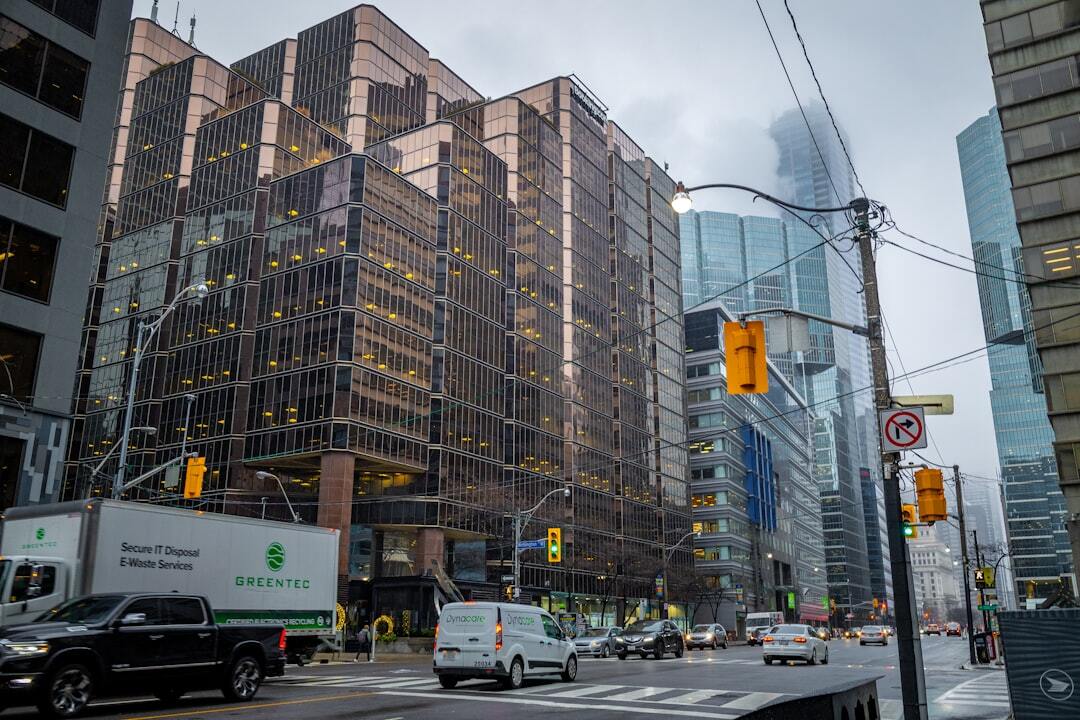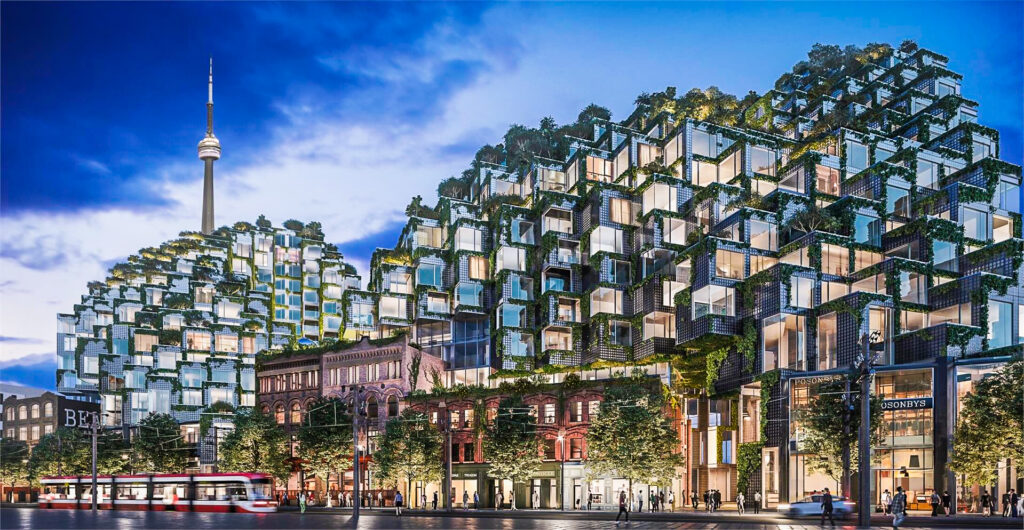Sales of new homes in the Greater Toronto Area hit a record low in the first half of this year, as the impact of the COVID-19 pandemic continues to weigh heavily on the real estate market. According to data from Altus Group, just 6,739 new homes were sold from January to June, marking a 61% drop compared to the same period last year. This is the lowest number of new home sales on record for the GTA, with both low-rise and high-rise segments seeing significant declines. The pandemic has caused a slowdown in construction activity, leading to delays in new project launches and sales. Additionally, buyers have been more cautious due to economic uncertainty and the shift to remote work, which has changed preferences for living spaces.
The sharp decline in new home sales is a stark contrast to the booming market that existed prior to the pandemic, where sales were consistently strong and prices were on the rise. The impact of COVID-19 has been felt across the entire real estate industry, with developers, builders, and real estate agents all grappling with the challenges of a market in flux. Sales have been particularly slow for high-rise condominiums, which have traditionally been a popular choice for first-time buyers and investors. With a shift towards remote work and concerns about living in densely populated areas, demand for condos has dropped significantly.
The decline in new home sales has also had a ripple effect on the construction industry, with many projects being put on hold or delayed due to lack of demand. This has led to job losses and economic uncertainty for workers in the construction sector, further exacerbating the challenges facing the real estate market. In addition to the decline in sales, developers are also facing rising construction costs and supply chain disruptions, which have further impacted their ability to launch new projects and meet buyer demand.
Despite the challenges facing the real estate market, there are signs of hope on the horizon. As the economy begins to recover and vaccination rates increase, there is optimism that buyer confidence will return and sales will start to pick up. The shift towards remote work has also opened up new opportunities for developers to rethink the design of new projects and cater to the changing needs of buyers. Features such as larger living spaces, outdoor amenities, and flexible workspaces have become more important than ever, as buyers seek homes that can accommodate their evolving lifestyles.
In order to adapt to these changing trends, developers are taking a more cautious approach to new project launches, focusing on quality over quantity and listening to the needs of buyers. This shift towards a more buyer-centric approach is critical in a market that is increasingly driven by consumer preferences and lifestyle choices. While the real estate market in the GTA may be facing challenges in the short term, there is confidence that it will bounce back as the economy recovers and buyer confidence returns.
Overall, the record low in new home sales in the GTA is a reflection of the challenges facing the real estate market in the wake of the COVID-19 pandemic. As the industry grapples with uncertainty and changing consumer preferences, developers, builders, and real estate agents are working to adapt to a new normal. While the road ahead may be bumpy, there is optimism that the market will eventually rebound and continue to thrive. In the meantime, stakeholders in the industry are focused on navigating the challenges of today while preparing for a brighter tomorrow.






